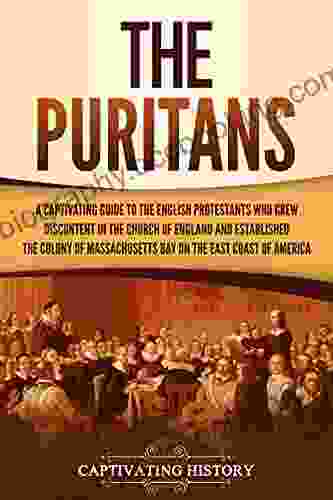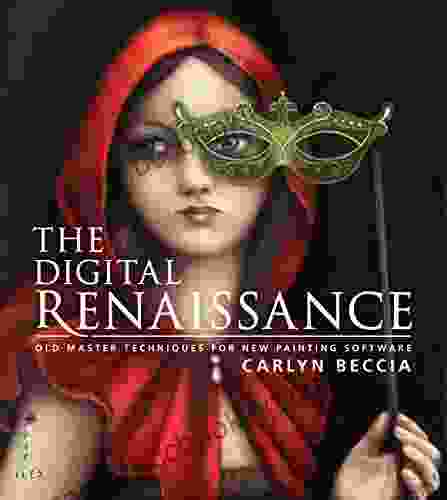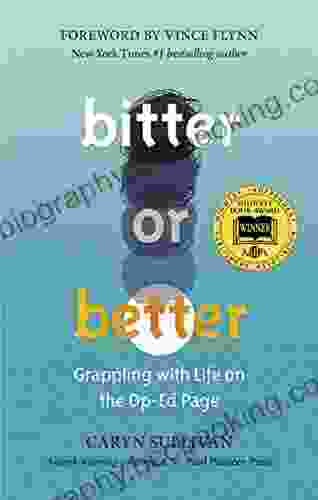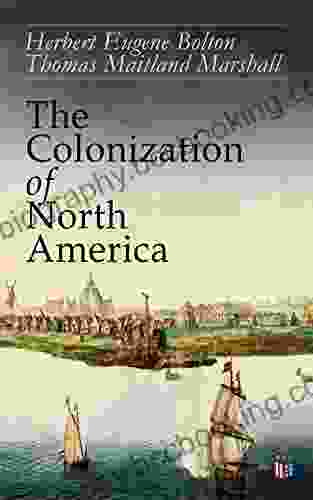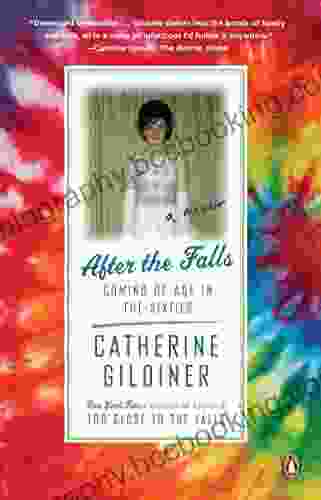Captivating Guide to the English Protestants Who Grew Discontent in the Church: Unraveling the Seeds of the English Reformation

In the annals of religious history, the English Reformation stands as a watershed moment that reshaped the ecclesiastical landscape of England and beyond. It was a complex and tumultuous process that unfolded over decades, driven by a multitude of factors, including political ambitions, theological disputes, and popular discontent. Among the key players in this drama were the English Protestants, who grew increasingly disillusioned with the practices and doctrines of the Catholic Church.
Seeds of Discontent: The Roots of Protestant Dissent
The seeds of Protestant dissent in England were sown during the reign of Henry VIII. Henry, a devout Catholic at the outset, broke with the Pope in the 1530s, primarily due to his desire to annul his marriage to Catherine of Aragon and marry Anne Boleyn. This act of defiance against the authority of Rome had far-reaching consequences, as it paved the way for the establishment of the Church of England, with Henry as its Supreme Head.
4.2 out of 5
| Language | : | English |
| File size | : | 6299 KB |
| Text-to-Speech | : | Enabled |
| Enhanced typesetting | : | Enabled |
| Word Wise | : | Enabled |
| Print length | : | 104 pages |
| Lending | : | Enabled |
| Screen Reader | : | Supported |
However, the break with Rome did not immediately lead to widespread Protestant sympathies in England. Many remained loyal to the Catholic faith, and the English Reformation proceeded gradually, with periods of both reform and reaction. Nevertheless, there were individuals who embraced Protestant ideas and began to vocalize their discontent with the established church.
Thomas Cranmer: The Catalyst for Reform
One of the most influential figures in the English Reformation was Thomas Cranmer, Archbishop of Canterbury from 1533 to 1556. Cranmer was a devout Protestant who played a pivotal role in shaping the doctrinal direction of the Church of England. He was a close advisor to Henry VIII and later to his son, Edward VI, and was instrumental in implementing Protestant reforms during their reigns.
Cranmer's influence was particularly evident in the creation of the Book of Common Prayer, which replaced the traditional Catholic liturgy in England. The Book of Common Prayer was a Protestant-leaning document that removed references to the Pope and saints and emphasized the importance of Scripture. It became a cornerstone of the English Reformation and is still used in the Anglican Communion today.
Persecution and Dissent: The Rise of Protestant Martyrs
Despite the support of the monarchy, Protestantism faced significant resistance in England. Many conservative bishops and clergy remained loyal to the Catholic faith, and there were periods of persecution against Protestants. During the reign of Mary I, a devout Catholic, hundreds of Protestants were burned at the stake, cementing their status as martyrs for the cause of reform.
The persecution of Protestants only served to strengthen their resolve and deepen their discontent with the Catholic Church. The stories of Protestant martyrs, such as Thomas More and William Tyndale, became rallying cries for those who sought religious change.
The Elizabethan Settlement: A Compromise Solution
The reign of Elizabeth I marked a turning point in the English Reformation. Elizabeth was a Protestant, but she sought to strike a balance between the demands of Catholics and Protestants. She established the Elizabethan Settlement, which aimed to create a unified national church that accommodated both factions.
The Elizabethan Settlement retained some Catholic practices, such as vestments and the use of Latin in certain ceremonies. However, it also prohibited the public celebration of the Mass and required all clergy to swear an oath of allegiance to the Crown. While the Settlement was not fully satisfactory to either side, it provided a degree of stability and allowed the English Reformation to continue.
Legacy and Impact: The Shaping of the Anglican Communion
The English Reformation had a profound and lasting impact on England and the wider world. It led to the establishment of the Anglican Communion, a global fellowship of churches that share a common heritage and theological tradition. The Anglican Communion today comprises over 85 million members in over 165 countries.
The English Reformation also contributed to the development of religious toleration and pluralism in England. While persecution of religious minorities continued for centuries, the Reformation created a space for dissent and debate. It paved the way for the eventual establishment of religious freedom in England.
The English Protestants who grew discontent in the church played a crucial role in the English Reformation. Driven by theological and political grievances, they challenged the authority of the Catholic Church and advocated for religious change. Their struggles and sacrifices laid the foundation for a new era of religious freedom and diversity in England and beyond.
This captivating guide has provided a comprehensive overview of the English Protestants who grew discontent in the church. By understanding their motivations, actions, and contributions, we can gain a deeper appreciation for the complex and transformative nature of the English Reformation.
4.2 out of 5
| Language | : | English |
| File size | : | 6299 KB |
| Text-to-Speech | : | Enabled |
| Enhanced typesetting | : | Enabled |
| Word Wise | : | Enabled |
| Print length | : | 104 pages |
| Lending | : | Enabled |
| Screen Reader | : | Supported |
Do you want to contribute by writing guest posts on this blog?
Please contact us and send us a resume of previous articles that you have written.
 Book
Book Novel
Novel Page
Page Chapter
Chapter Text
Text Story
Story Genre
Genre Reader
Reader Library
Library Paperback
Paperback E-book
E-book Magazine
Magazine Newspaper
Newspaper Paragraph
Paragraph Sentence
Sentence Bookmark
Bookmark Shelf
Shelf Glossary
Glossary Bibliography
Bibliography Foreword
Foreword Preface
Preface Synopsis
Synopsis Annotation
Annotation Footnote
Footnote Manuscript
Manuscript Scroll
Scroll Codex
Codex Tome
Tome Bestseller
Bestseller Classics
Classics Library card
Library card Narrative
Narrative Biography
Biography Autobiography
Autobiography Memoir
Memoir Reference
Reference Encyclopedia
Encyclopedia Carl Robertts
Carl Robertts Bruce Sterling
Bruce Sterling Carl E Walsh
Carl E Walsh C G Cooper
C G Cooper Carolyn Dewar
Carolyn Dewar Caryn Sullivan
Caryn Sullivan Brian Pennell
Brian Pennell Carly Findlay
Carly Findlay Carl Vernon
Carl Vernon Carol Hayes
Carol Hayes Bruce Chatwin
Bruce Chatwin Carol Rosenfeld
Carol Rosenfeld Brian Beffort
Brian Beffort Carol Taylor
Carol Taylor Bruce Kershner
Bruce Kershner Carrie Bedford
Carrie Bedford Carmen Viktoria Gamper
Carmen Viktoria Gamper Carolyn Nones Vazquez
Carolyn Nones Vazquez Brian C Baer
Brian C Baer Brian Icenhower
Brian Icenhower
Light bulbAdvertise smarter! Our strategic ad space ensures maximum exposure. Reserve your spot today!

 Jaime MitchellPlaying the Game For Keeps: The Ultimate Guide to Achieving Enduring Success
Jaime MitchellPlaying the Game For Keeps: The Ultimate Guide to Achieving Enduring Success Gene PowellFollow ·9.2k
Gene PowellFollow ·9.2k Mark MitchellFollow ·16k
Mark MitchellFollow ·16k Al FosterFollow ·10.8k
Al FosterFollow ·10.8k Allen GinsbergFollow ·14.3k
Allen GinsbergFollow ·14.3k Jeremy MitchellFollow ·12.2k
Jeremy MitchellFollow ·12.2k Ernest PowellFollow ·7.1k
Ernest PowellFollow ·7.1k Bill GrantFollow ·4.2k
Bill GrantFollow ·4.2k Bo CoxFollow ·18.4k
Bo CoxFollow ·18.4k

 Andy Hayes
Andy HayesUnveil the Rich Tapestry of Rural Life: Immerse Yourself...
Step into the enchanting pages of "Still...

 David Mitchell
David MitchellUnlocking the Depths of Cybersecurity: An In-Depth Look...
In the ever-evolving landscape of...

 Seth Hayes
Seth HayesUnlock the Secrets of Watercolor Landscapes: 37 Tools for...
Embark on a...

 Tyler Nelson
Tyler Nelson15 Insightful Answers to Questions on Uterine Fibroid
Uterine fibroids...
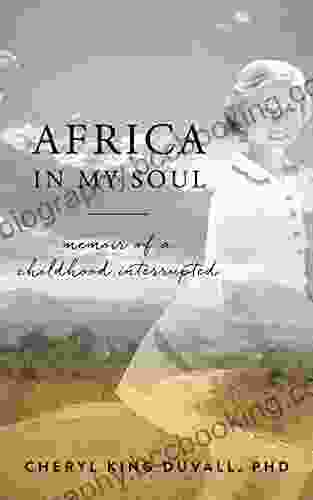
 Evan Hayes
Evan HayesAfrica In My Soul: A Literary Odyssey That Captivates the...
In a world where diverse cultures...
4.2 out of 5
| Language | : | English |
| File size | : | 6299 KB |
| Text-to-Speech | : | Enabled |
| Enhanced typesetting | : | Enabled |
| Word Wise | : | Enabled |
| Print length | : | 104 pages |
| Lending | : | Enabled |
| Screen Reader | : | Supported |


